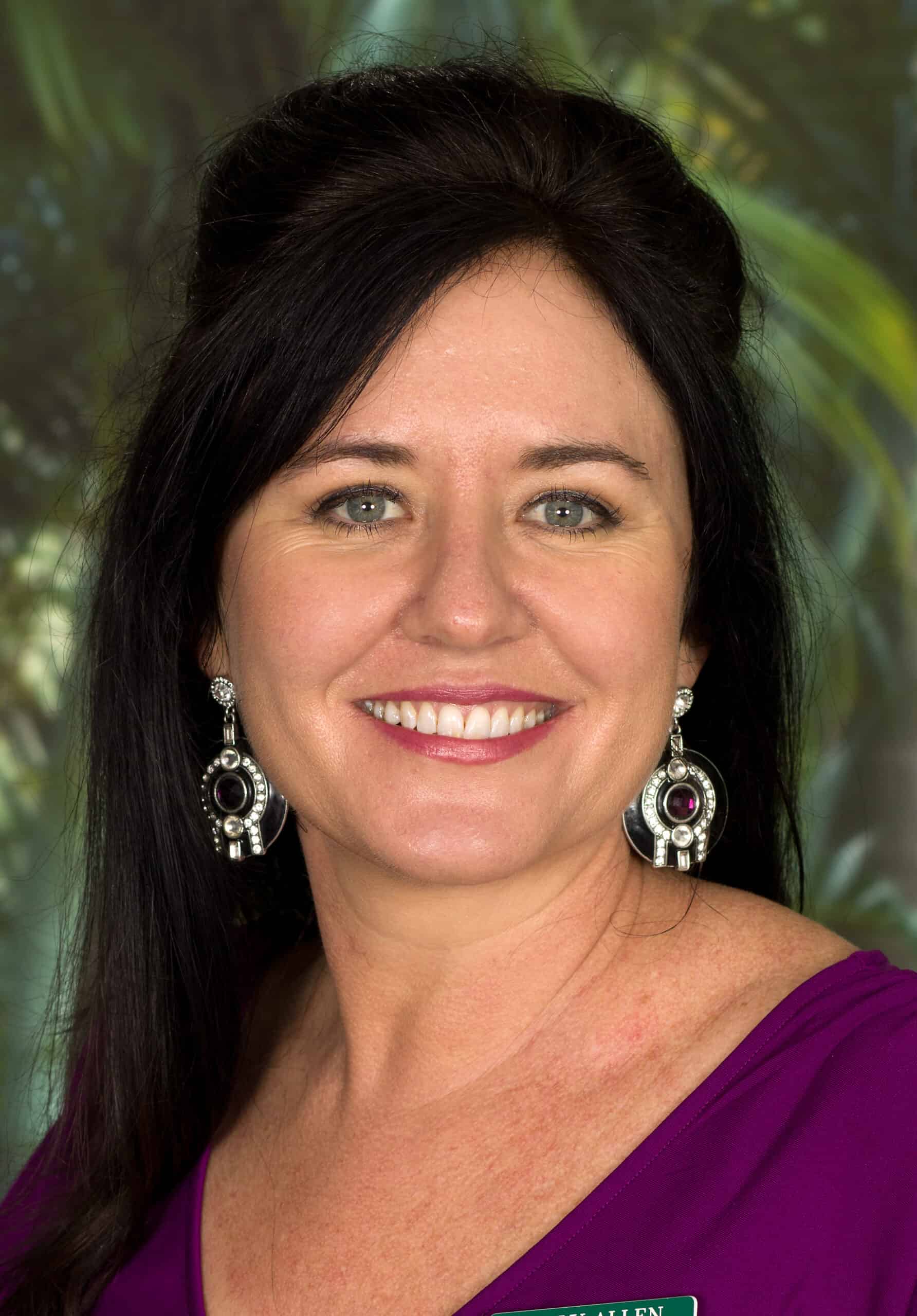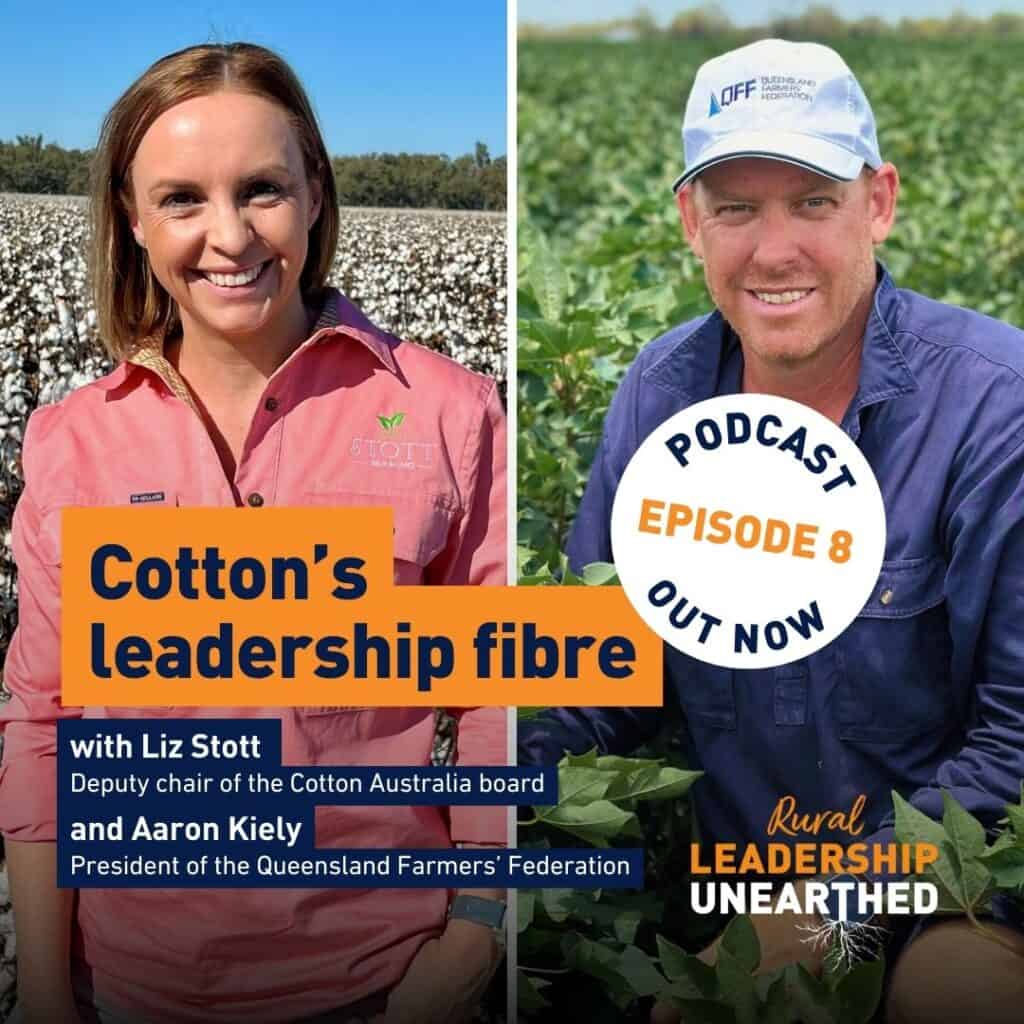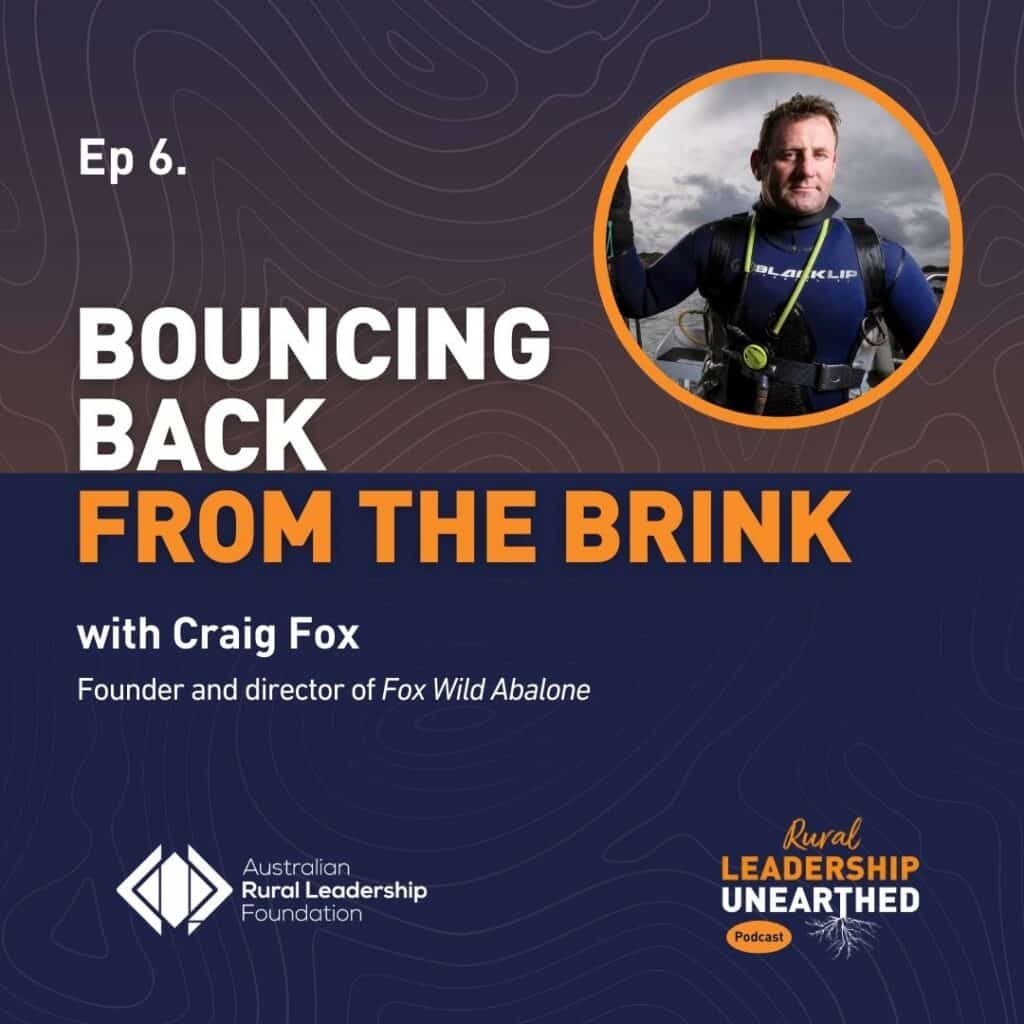When Sal Allen left the Gold Coast and pointed her car in the direction of South Australia’s Yorke Peninsula, she was ready to start a new life. The former independent school Business Manager had accepted a new position as Marketing and Volunteer Manager for Care in Motion. But what she didn’t realise was she was stepping into an entirely new culture.
The culture of a place is made up of the ideas, customs, and social behaviours of a particular people or group. And at the end of her 2,200 km journey, Sal found herself in a regional area with a strong reliance on volunteers, a grassroots approach to leadership and project delivery, and the desire to ‘just get on with it’.
Take volunteer management, for instance. It can be seen as irrelevant in some regional areas. Not because people in the community aren’t keen on helping their neighbours—far from it. Instead, Sal met people who didn’t always think of what they were doing as volunteering. ‘They just say ‘if we want this service, we have to deliver it,’’ she says.
The Yorke Peninsula is an agricultural area with a mining history. And when Sal arrived, she was ‘super impressed by the unselfishness’ and willingness to help each other. She loved seeing people ‘walking the talk,’ and taking action to create the type of community they desired.
The culture challenge
The cultural change presented some challenges. Sal’s new role included a lot of nebulous deliverables. It was hard to measure her impact and she felt she didn’t know the rules. As a newcomer among people who had lived in the area for generations, she ‘struggled to feel a strong sense of being a leader’. Sal hoped to broaden her network connections and learn more about her new community—and she thought LARC’s intensive learning model was just the ticket.
The adaptive solution
The Yorke Peninsula’s relatively high median age means demand for community care and transport is high. And it’s Sal’s job to ensure people’s needs are met. But the LARC program changed the way she looks at her role as a community leader.
The idea of Adaptive Leadership stood out to Sal above all else. Whereas she would have previously ‘ploughed through, looking for solutions to individual problems,’ she’s more strategic now. ‘I’ve learned to look for the systems that contribute to a problem instead of rushing to a solution,’ she says. ‘It’s more uncomfortable, more unknown, but it’s a great way to tap into what’s already there’.
Community Action Initiative
In their Community Action Initiative, Sal’s group focused on the local housing crisis and the unhoused population. They organised a World Cafe-style forum with the goal of taking a holistic approach to an overwhelming problem. Inspired by Adaptive Leadership, the group ‘brought the people who have the knowledge together to see if we could impact…shake up…penetrate the system,’ Sal says.
Guided by a few powerful questions, they mined the group to get the lay of the land when it came to housing in the Yorke Peninsula. This information brings the four As of Adaptive Leadership—Anticipation of likely future needs, Articulation of needs to build collective understanding, Adaptation fuelled by continuous learning, and Accountability of decision makers—to life.
Networked for change
The group’s work on homelessness has the potential to make a strong long term impact on the ground. After all, a safe, housed community is a healthy community. The LARC network’s commitment to collecting and sharing data will form the basis of a more cohesive community response. Sal hopes that enhanced awareness and increased information sharing will support positive outcomes for the people and organisations involved.
Sal’s team of six LARC colleagues are a strong network of Adaptive Leaders she can call on when a challenge crops up. ‘The big issues impacting our communities are complex. But the Adaptive Leadership principles taught me how important it is to examine and analyse a problem before attempting to improve it,’ Sal says.
After a period of transition, Sal feels revitalised. And she has a new understanding of how to make change in her community. ‘Good leaders,’ she says, ‘mobilise people to act’. With a more holistic approach and a network of like-minded South Australian leaders, Sal is set to spearhead a culture of Adaptive Leadership in the community she calls home.
‘The strength of a community is in the collective. I learnt much from [the LARC network’s] dynamics, collaboration, [and] the respect and appreciation we have for each other’s gifts and contributions’.








